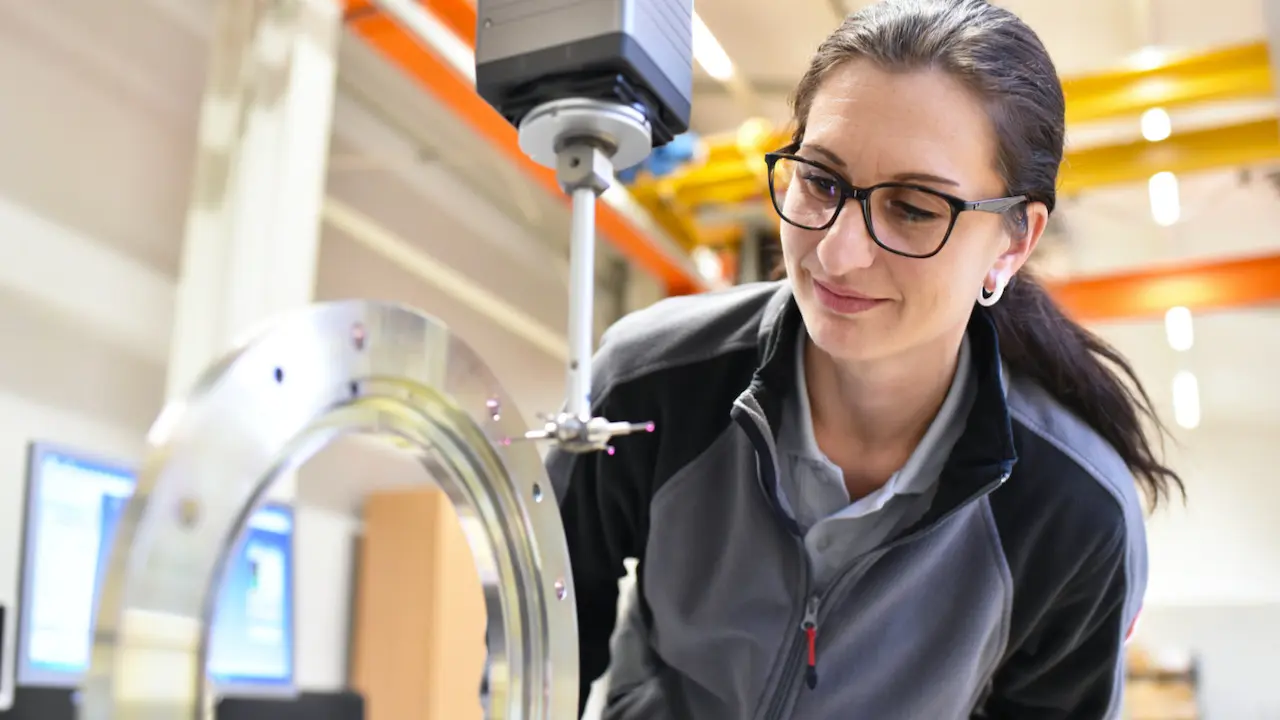The Startup Association has criticized ongoing barriers to employing foreign workers and is urging the reduction of bureaucratic hurdles that hinder the recruitment of skilled professionals from outside Germany. In collaboration with the recruitment company Stepstone, the association released the German Startup Monitor 2024 report. According to the report, only 17% of the 1,859 startups surveyed are satisfied with the current regulations governing skilled worker migration.
The report, which surveyed international startups, revealed that 29% of employees in these companies are foreigners, with one in three workers coming from abroad. In startups with over 50 employees, the proportion of foreign workers rises to 45%. Over the past four years, the number of foreign employees in innovative startups has grown by 100,000. Additionally, many of these companies have adopted English as their primary working language, according to the report.
Skilled workers from Southeast Asia, particularly India and Bangladesh, play a prominent role in the digital economy, contributing significantly to IT and software fields. The report highlights that the shortage of skilled labor in Germany poses a significant threat to the economy, as many startups in research, development, and marketing increasingly rely on recruiting foreign talent to fill critical roles.
Startups have raised concerns about the visa procedures for foreign workers, describing them as excessively time-consuming and complex. Magdalena Auel, Vice President of the Startup Association, emphasized the need for Germany to accelerate its digitalization efforts to streamline these processes. “The best programmers will secure jobs in other countries long before they can even get an appointment at the German embassy,” Auel remarked.
In its statement, the Scientific Advisory Board of the Federal Ministry of Economics has criticized the lengthy process of obtaining a German visa for highly qualified skilled workers. The board highlighted challenges such as the need to present a lease agreement and employment contract to secure a work permit, as well as the difficulties of finding housing in Germany from abroad.
The statement also highlighted the lack of initiatives to attract skilled workers from economically advanced countries, such as those in the European Union and the United States. According to a survey by the Startup Association, Germany is regarded as a favorable location for its quality of life, security, and stability, with 80% of startups rating these factors positively.
The federal government has taken steps to attract more foreign workers following the implementation of the Skilled Worker Immigration Law in November 2023, which aims to encourage skilled professionals from non-EU countries. Since the law came into effect, the number of visas issued to foreign workers has increased by 10%, rising from 177,600 to 200,000 compared to the same period in the previous year, according to statistics from the Federal Ministry of the Interior.
Federal Labor Minister Hubertus Heil stated that visa issuance for foreign workers has reached a record high. Federal Interior Minister Nancy Faeser also emphasized that the figures demonstrate the effectiveness of the government’s reforms, enabling skilled workers to enter Germany more quickly.
However, Foreign Minister Annalena Baerbock warned that there is a shortage of more than 400,000 skilled workers. Baerbock noted that the processing of foreign work applications at Germany’s largest visa office and the use of digitization have made significant progress, but this does not rise to the level of a bureaucratic revolution.





